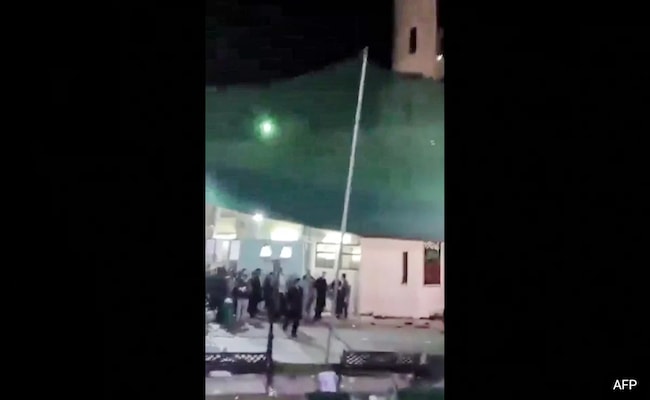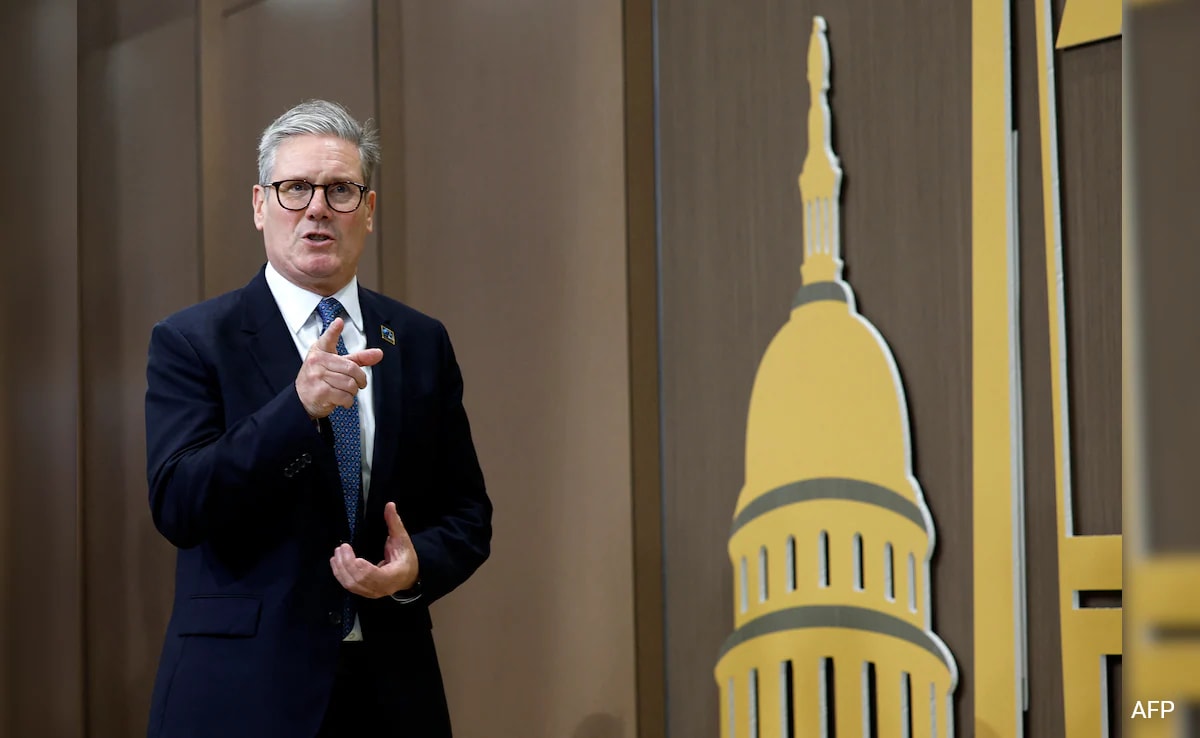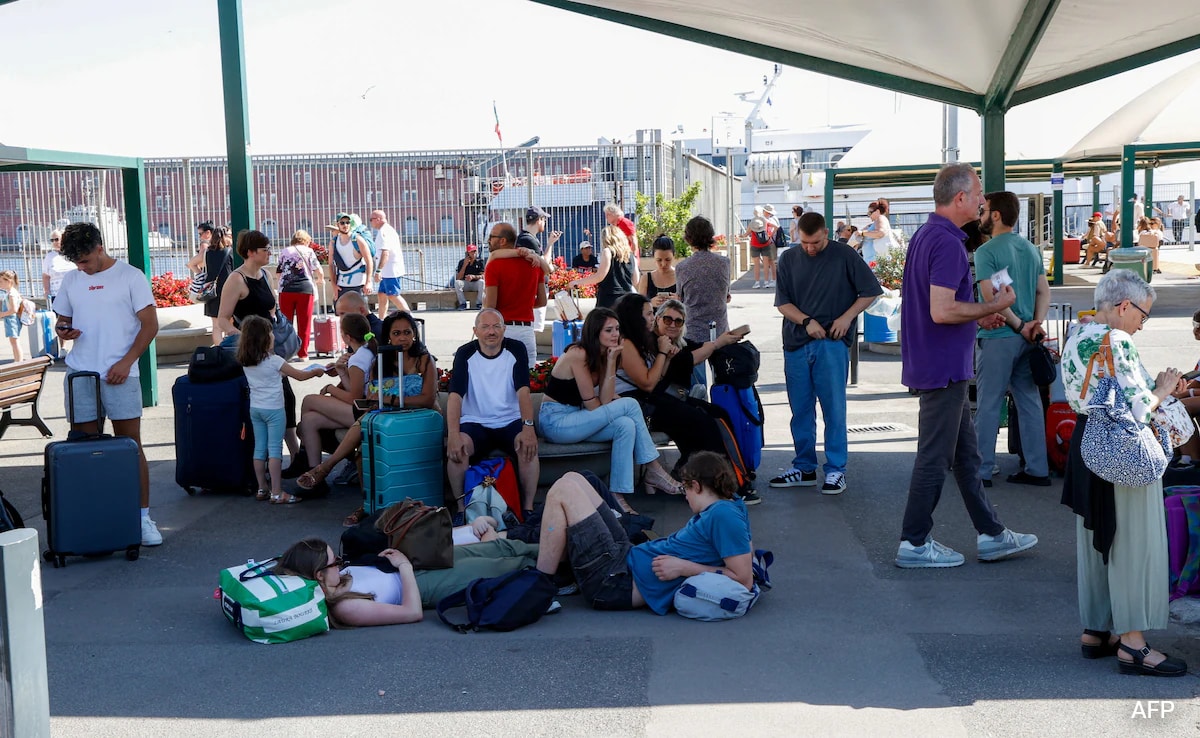Sri Lankan President Ranil Wickremesinghe. FIle
| Photo Credit: N. Ram
The date of Sri Lanka’s presidential election will be announced next week, the country’s Election Commission said on July 19, amid fresh speculation in the wake of a gazette issued by President Ranil Wickremesinghe.
Dated July 18, 2024, the gazette notification pertains to amending a constitutional provision on whether a referendum is required to extend the term of office of the President or the duration of Parliament. While the existing article refers to such a term extension to “over six years”, the proposed Bill seeks to substitute that with the text “over five years”. When contacted, Chairman of the Election Commission R.M.A.L. Rathnayake told The Hindu: “We will announce the date of the presidential election next week. The gazette is not related to this election. The two are separate matters.”
While constitutional experts, too, noted the gazette had no implication on the coming presidential election — scheduled to be held on a date between September 17 and October 16 this year — government critics and lawyers questioned the timing of the gazette. Citizens are awaiting the first election since a mass uprising dislodged former President Gotabaya Rajapaksa in 2022, when the country’s economy crashed.
According to senior lawyer and constitutional expert Jayampathy Wickramaratne, who has been involved in drafting key legislation, there is no ambiguity in the current term of the President. “The term limit of the President and what this gazette addresses are two distinct issues,” he told The Hindu. “The Supreme Court has ruled that the presidential term is five years,” he said, referring to the apex court’s decisions in 2015, 2018, and twice earlier this month.
President Wickremesinghe — who has repeatedly stated elections will be held as per schedule — on Friday said he is “dedicated to preserving Sri Lanka’s democratic tradition”, and that the constitutional amendment should not be feared, according to a statement from his office. All the same, he faces criticism for the postponement of local body election last year, and the indefinite delay in holding elections to the country’s provincial councils, whose terms expired at least five years ago.
Meanwhile, leaders from his party and some supporters have called for a postponement of the election, contending that it could disrupt the Wickremesinghe administration’s ongoing economic recovery programme. Further, two petitions filed at the Supreme Court, seeking a postponement of polls, were dismissed.
“What is the necessity to bring this Bill now?” asked Opposition legislator and senior lawyer M.A. Sumanthiran. In his view, it “only confuses the electorate and potentially complicates” the holding of the presidential election as mandated by the Constitution, at the end of a five-year term.
“Should the Bill be passed with a two-thirds majority, the Constitution empowers the President to decide on the date of a referendum. With an impending election, this could potentially complicate the process. It is absolutely unnecessary at this particular point in time to decide whether an extension beyond five years or six years requires a referendum, when that has no bearing on the term of the current President,” he said.
Earlier this week, the ‘Lawyers’ Collective’, with senior attorneys and prominent legal scholars as its members, emphasised that “there is no urgency whatsoever in lowering the upper limit of the terms of the President and Parliament,” and denounced the Bill as “an attempt to manipulate the electoral process”.













